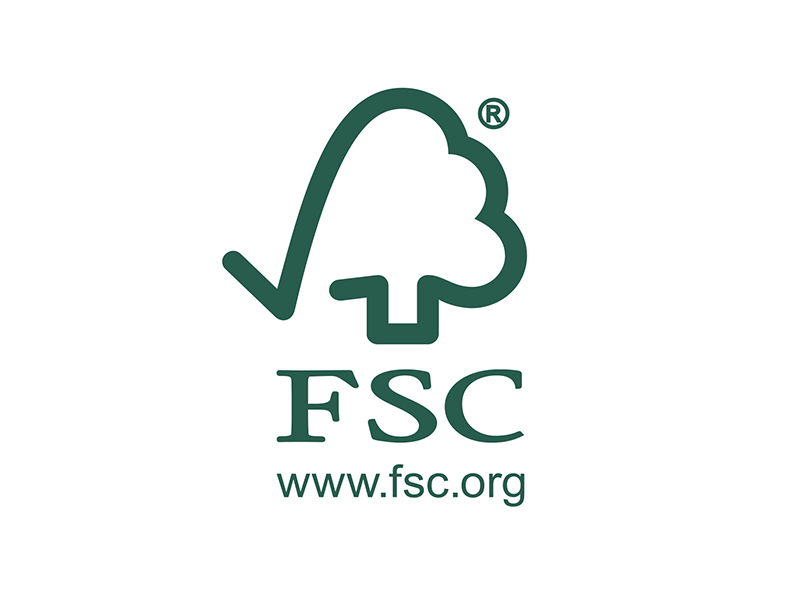Since Gapsan Tekstil inception, it has been serving with world-class production understanding. Our International Certificates are exhibited with their own barcode numbers, being OEKO-TEX at first. You can confirm the validity of the certificates with the barcode reader or the Gapsan ID number.

OEKO-TEX® STANDARD 100
The STANDARD 100 by OEKO-TEX® is a worldwide consistent, independent testing and certification system for raw, semi-finished, and finished textile products at all processing levels, as well as accessory materials used. Examples of articles that can be certified: raw and dyed/finished yarns, woven and knitted fabrics, accessories, such as buttons, zip fasteners, sewing threads or labels, ready-made articles of various types (garments of all types, domestic and household textiles, bed linen, terry products and much more).

Global Recycle Standard
The Global Recycle Standard (GRS) was originally developed by Control Union Certifications in 2008 and ownership was passed to the Textile Exchange on 1 January 2011. The GRS is an international, voluntary, full product standard that sets requirements for third-party certification of recycled content, chain of custody, social and environmental practices and chemical restrictions.

OCS 100 – Organic Content Standard
The Organic Content Standard (OCS) applies to any non-food product containing 95-100 percent organic material. It verifies the presence and amount of organic material in a final product and tracks the flow of the raw material from its source to the final product.

Global Organic Textile Standard
Only textile products that contain a minimum of 70% organic fibres can become GOTS certified. All chemical inputs such as dyestuffs and auxiliaries used must meet certain environmental and toxicological criteria. The choice of accessories is limited in accordance with ecological aspects as well. A functional waste water treatment plant is mandatory for any wet-processing unit involved and all processors must comply with social criteria. The key criteria of GOTS, its quality assurance system and the principles of the review and revision procedure are summarised in this section.

Better Cotton Initiative
The Better Cotton Standard System is a holistic approach to sustainable cotton production which covers all three pillars of sustainability: environmental, social and economic. Each of the elements – from the Principles and Criteria to the monitoring mechanisms which show results and impact – work together to support the Better Cotton Standard System, and the credibility of Better Cotton and BCI. The system is designed to ensure the exchange of good practices, and to encourage the scaling up of collective action to establish Better Cotton as a sustainable mainstream commodity.

Cotton made in Africa
Cotton made in Africa, an initiative of the Aid by Trade Foundation, is one of the world’s leading standards for sustainably produced cotton. Our goal is to help people help themselves, via trade rather than donations, in order to improve the living and working conditions of smallholder farmers in Africa and to protect our environment. We work with a wide-ranging network in cotton-growing countries, including numerous partners throughout the textile value chain as well as both governmental and non-governmental organisations, to ensure the implementation of the standard and the proper processing of certified raw materials throughout the world.

Regenagri
Regenagri is an international regenerative agriculture program for securing the health of the land and the wealth of those who live on it. It supports farms and organisations transitioning to holistic farming, increasing soil health, encouraging biodiversity, reducing green house gas emissions and sequestering CO2. regenagri also provides farmers with routes to additional funds through carbon credit markets and environmental subsidies. In supporting regenerative farming, we aid in the regeneration of our planet and sustainably secure the future of agricultural products and their supply chains.

Responsible Wool Standard (RWS)
The Responsible Wool Standard (RWS) is a certification for wool farmers and sellers that aims to improve the welfare of sheep and the land they graze on. The RWS standard requires certification achievers must meet rigorous animal welfare, land management and social requirements.

Forest Stewardship Council (FSC)
The Forest Stewardship Council (FSC) is an international, non-governmental organisation dedicated to promoting responsible management of the world’s forests. Since its foundation in 1994, FSC has grown to become the world’s most respected and widespread forest certification system.
FSC's pioneering certification system, which now covers more than 200 million hectares of forest, enables businesses and consumers to choose wood, paper and other forest products made with materials that support responsible forestry.